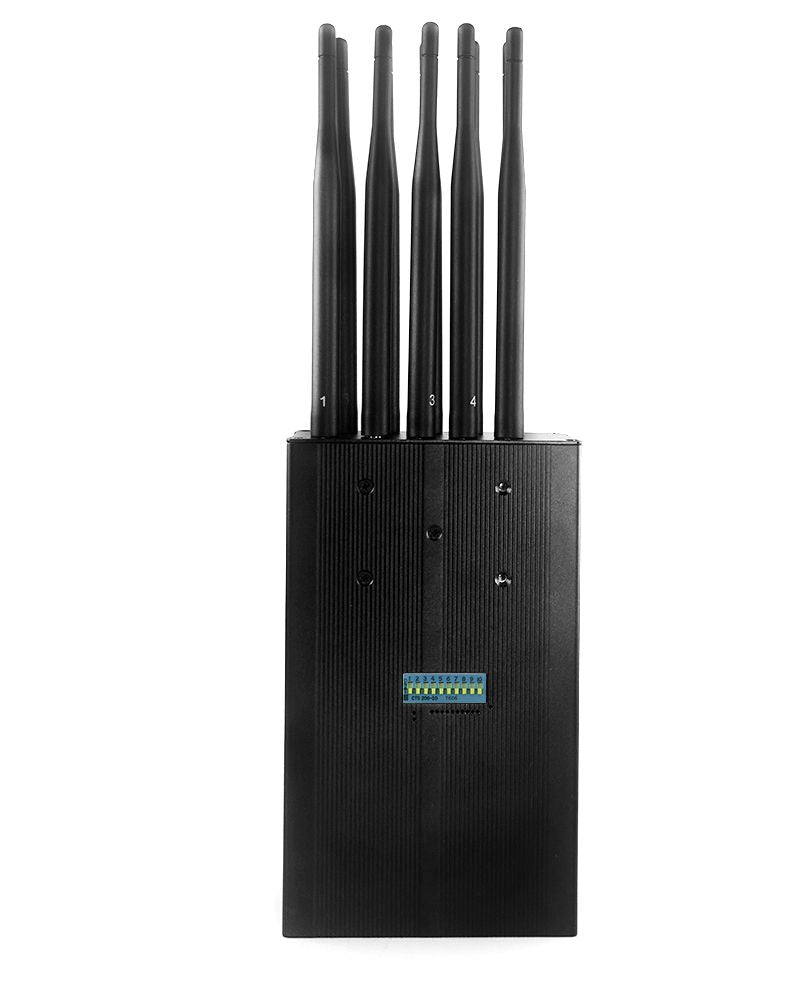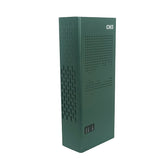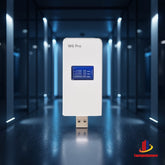What happens if substandard signal jammers are used in prisons?
In places with strict requirements for shielding mobile phones, such as in prisons, when substandard jammers are used, the following situations will occur:
①The shielding effect in the shielding area is not strict, and there are a lot of blind spots and dead angles. It is still possible to connect to mobile phones near the windows of some prison areas, especially near the base station, leaving opportunities for criminals and failing to completely prevent illegal use of mobile phones. the goal of.
②The areas that should not be shielded are severely interfered: the working area of the prison is severely shielded, affecting the normal work of the staff; more serious interference will further expand the scope, and even interfere with the base station to make it paralyzed, nearby communities, factories, units Serious interference in a large area will have a certain impact on nearby residents. Complaints from operating departments such as China Mobile, China Unicom, and China Telecom, as well as investigation and handling by the local radio management department, will cause some negative impacts on the normal work of the prison and disrupt Harmony between the police and the people.
③The system is unstable: the interference equipment is sometimes good and sometimes bad, the reliability is not high, and the failure is frequent. Especially in summer and autumn, the equipment was damaged due to various failures. Although a lot of later replacement and maintenance, the expected shielding effect could not be achieved.

So be sure to choose a regular manufacturer
Regular jammer manufacturers will customize the design according to the specific needs and requirements of the prison, and provide high-quality products and technical support. Using prison-specific jammers can solve the above problems and ensure that the wireless signal shielding in the prison works normally and effectively.
Choosing a regular manufacturer can guarantee the quality and performance of the product. These manufacturers usually have extensive experience and expertise, and can provide customized solutions that meet the requirements of prisons. Their products are rigorously tested and certified to provide stable shielding and perform well in a wide range of environmental conditions.
Prison-specific wireless signal jammers have the following features:
Strong shielding ability: These devices adopt advanced shielding technology, which can effectively shield various wireless signals in the prison, including mobile phone signals, wireless network signals, etc. They have wide frequency band coverage and can block signals in multiple frequency bands.
Precise positioning and shielding range control: Prison-specific jamming equipment can achieve precise positioning and shielding range control, and the shielding range can be adjusted according to actual needs to avoid interference with normal communications in surrounding areas.
Highly Stable Operation: These devices are designed with high-quality materials and reliable circuits to provide highly stable operation characteristics. They can work stably for a long time, are not easily affected by the external environment, and have good fault self-diagnosis and self-repair functions.
Legal compliance: Prison-specific jamming devices are designed and used in compliance with relevant laws, regulations and standards to ensure legal compliance. These devices are usually certified by relevant departments and comply with national and regional regulations and requirements.
To sum up, choosing a regular manufacturer and using a prison-specific wireless signal blocker is the key to ensuring that the prison's wireless signal shielding works normally. This will help maintain order and security within the prison and prevent illegal communications and other irregularities from occurring. The prison management department should pay attention to the selection and quality of equipment, ensure the effective operation of the wireless signal jammer, and provide strong support for the normal operation of the prison.













